Russia to begin withdrawal on Monday
France says Russian President Dmitry Medvedev said his troops will begin leaving Georgia at mid-day Monday.
Sunday, 17.08.2008.
09:56

France says Russian President Dmitry Medvedev said his troops will begin leaving Georgia at mid-day Monday. According to a VOA report, the office of French President Nicolas Sarkozy says the withdrawal commitment came Saturday in a telephone call between the French and Russian leaders. Russia to begin withdrawal on Monday Sarkozy's office says "he warned Medvedev of serious consequences" if Moscow fails to implement the cease-fire deal signed Saturday. At the same time, the Kremlin issued a statement of its own, specifying that during the telephone conversation, Medvedev told Sarkozy that Russia is set to "withdraw its troops sent to Georgia after its aggression on South Ossetia as support for the Russian peacekeepers present there". In Washington Sunday, U.S. Secretary of State Condoleezza Rice said the cease-fire calls for troops from both sides to pull back to positions held before the outbreak of hostilities August seventh. She said the cease-fire "permits a limited number of Russian peacekeepers to stay temporarily in some areas, until European monitors arrive". But Rice said the deal does not permit the Russians to block Georgia's main east-west highway or to enter Georgian urban areas. Russian troops, which entered Georgia last week after it launched an onslaught on its breakaway region of South Ossetia, have started withdrawing from their positions some 40 kilometers from the capital of Tbilisi. In the meantime, OSCE observers visited camps sheltering the South Ossetian refugees. The UN says that some 120,000 people have been driven out of their homes by the fighting. Those who decided to stay in the South Ossetian capital of Tskhinvali need basic supplies, such as drinking water, ICRC officials have said. Meanwhile in the Georgian port of Poti and nearby villages victims of the Russian air raids have been buried, while residents are refusing to return to their homes, fearful of new attacks. Although they officially started the withdrawal, Russian troops are freely moving on the Georgian territory, while officials explain the soldiers are there to secure peace. Georgian President Mikheil Saakashvili said he ordered his military to pull back to the South Ossetian border. In this country's second de facto independent territory, Abkhazia, local troops supported by the Russians took control of 13 Georgian villages and one power plant near the Abkhazian-held regions, the Ministry of the Interior in Tbilisi said, referring to these forces as " separatist regime's armed gangs". On Tuesday, Abkhazian troops also took control of the strategic Kodori Gorge, the only part of the territory previously controlled by Georgia. Unlike the U.S. who have severely criticized Moscow's reaction to the Georgian attacks on South Ossetia, and offered support to the regime in Tbilisi, French Foreign Minister Bernard Kouchner, whose country holds the EU presidency, says Georgia "made a serious mistake in South Ossetia", but adds that Russia's response was "disproportionate". He told the Paris weekly Journal du Dimanche that Europe must maintain its relations with Moscow, and expressed understanding for the Russian position. "We must find a new language for our relationship with Russia. That is what the EU is trying to do," Kouchner was quoted as saying.
Russia to begin withdrawal on Monday
Sarkozy's office says "he warned Medvedev of serious consequences" if Moscow fails to implement the cease-fire deal signed Saturday.At the same time, the Kremlin issued a statement of its own, specifying that during the telephone conversation, Medvedev told Sarkozy that Russia is set to "withdraw its troops sent to Georgia after its aggression on South Ossetia as support for the Russian peacekeepers present there".
In Washington Sunday, U.S. Secretary of State Condoleezza Rice said the cease-fire calls for troops from both sides to pull back to positions held before the outbreak of hostilities August seventh.
She said the cease-fire "permits a limited number of Russian peacekeepers to stay temporarily in some areas, until European monitors arrive".
But Rice said the deal does not permit the Russians to block Georgia's main east-west highway or to enter Georgian urban areas.
Russian troops, which entered Georgia last week after it launched an onslaught on its breakaway region of South Ossetia, have started withdrawing from their positions some 40 kilometers from the capital of Tbilisi.
In the meantime, OSCE observers visited camps sheltering the South Ossetian refugees. The UN says that some 120,000 people have been driven out of their homes by the fighting.
Those who decided to stay in the South Ossetian capital of Tskhinvali need basic supplies, such as drinking water, ICRC officials have said.
Meanwhile in the Georgian port of Poti and nearby villages victims of the Russian air raids have been buried, while residents are refusing to return to their homes, fearful of new attacks.
Although they officially started the withdrawal, Russian troops are freely moving on the Georgian territory, while officials explain the soldiers are there to secure peace.
Georgian President Mikheil Saakashvili said he ordered his military to pull back to the South Ossetian border.
In this country's second de facto independent territory, Abkhazia, local troops supported by the Russians took control of 13 Georgian villages and one power plant near the Abkhazian-held regions, the Ministry of the Interior in Tbilisi said, referring to these forces as " separatist regime's armed gangs".
On Tuesday, Abkhazian troops also took control of the strategic Kodori Gorge, the only part of the territory previously controlled by Georgia.
Unlike the U.S. who have severely criticized Moscow's reaction to the Georgian attacks on South Ossetia, and offered support to the regime in Tbilisi, French Foreign Minister Bernard Kouchner, whose country holds the EU presidency, says Georgia "made a serious mistake in South Ossetia", but adds that Russia's response was "disproportionate".
He told the Paris weekly Journal du Dimanche that Europe must maintain its relations with Moscow, and expressed understanding for the Russian position.
"We must find a new language for our relationship with Russia. That is what the EU is trying to do," Kouchner was quoted as saying.






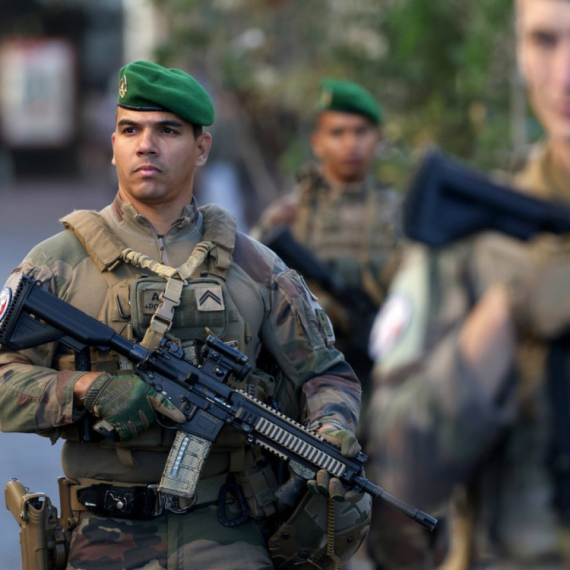



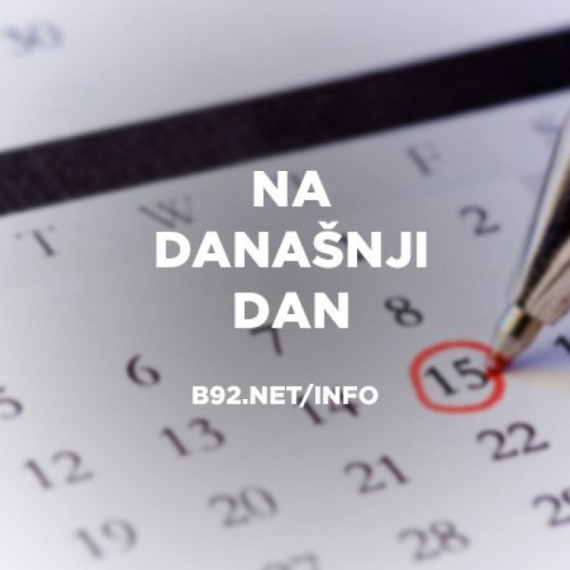

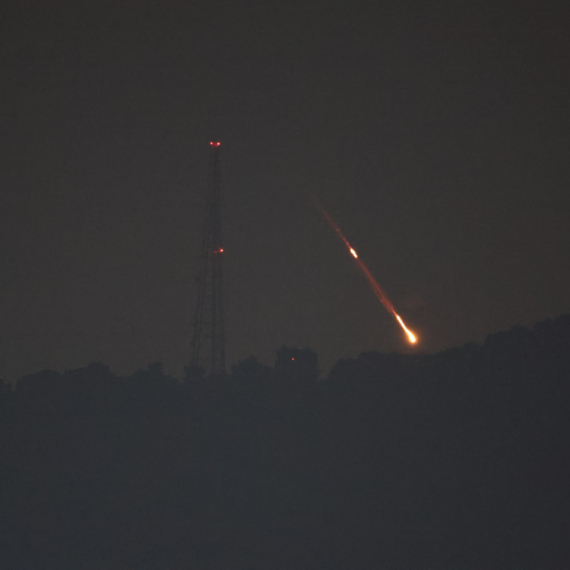
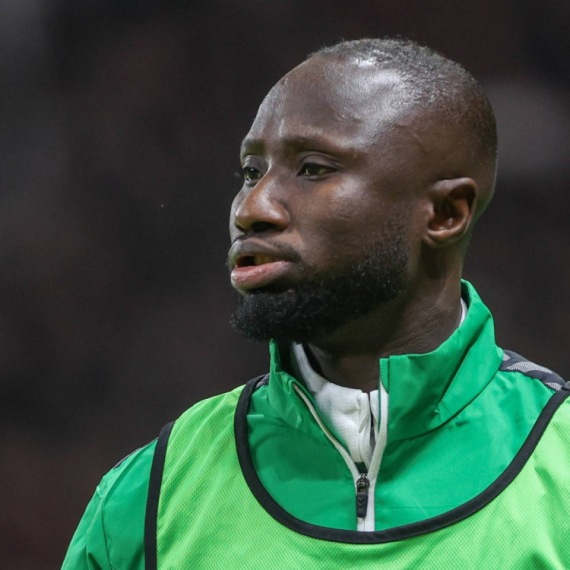
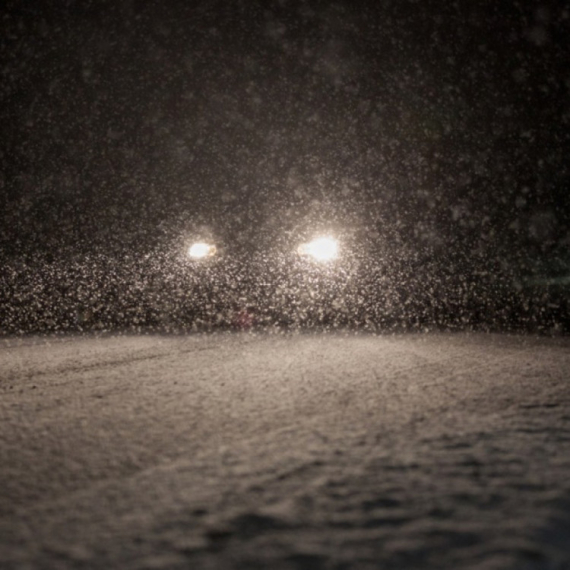
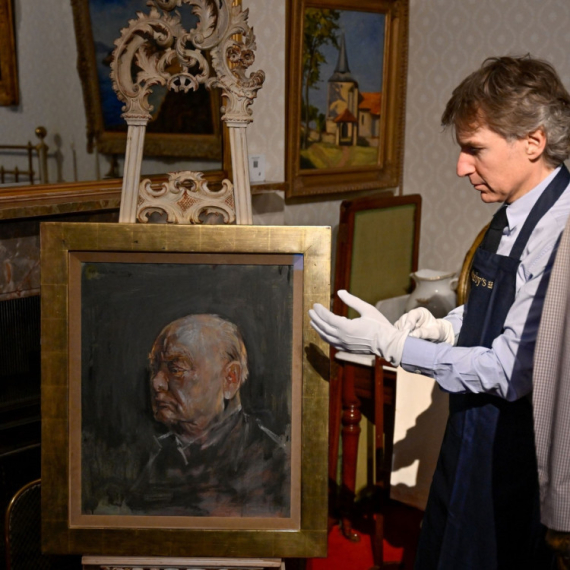
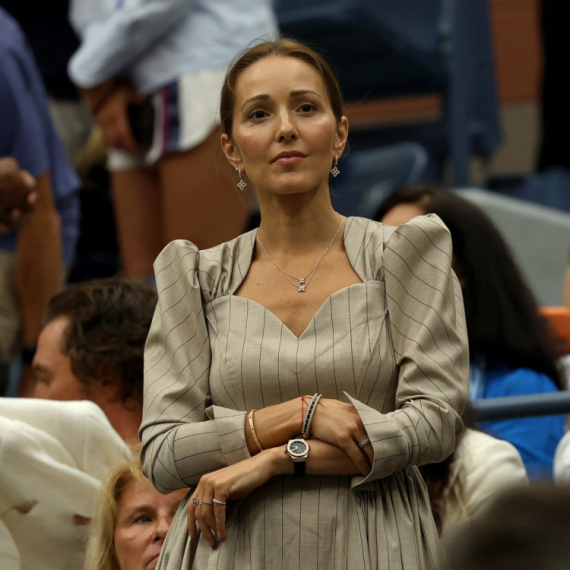
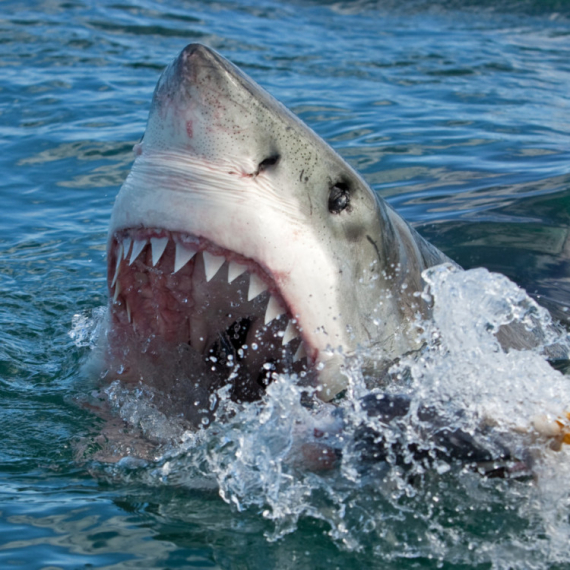
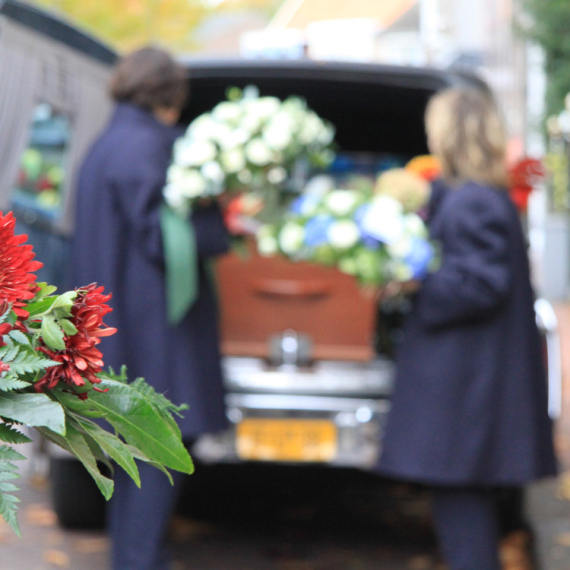
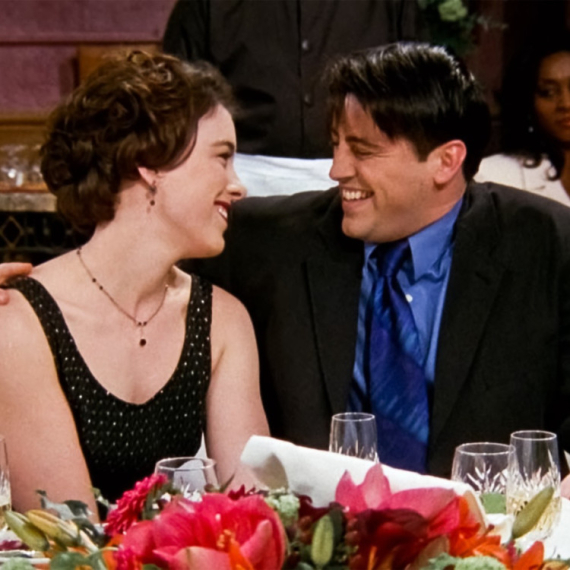















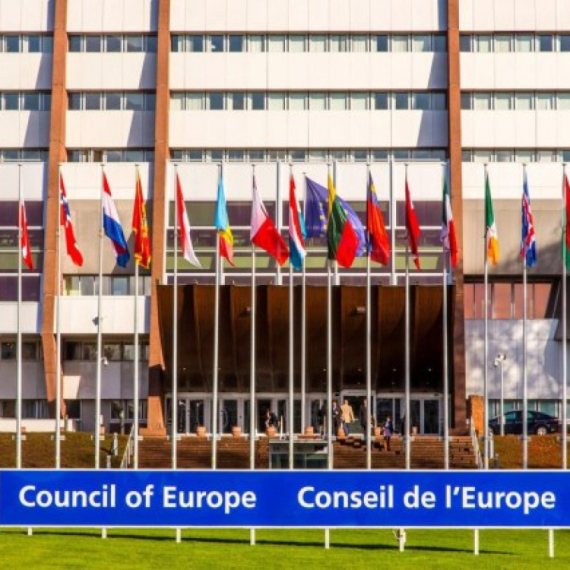














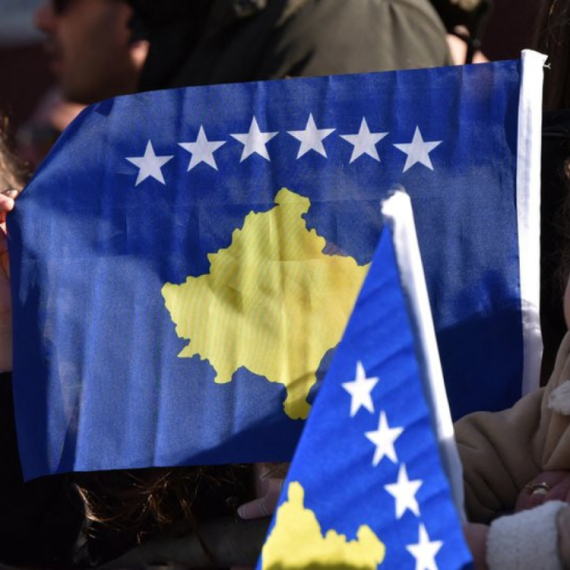
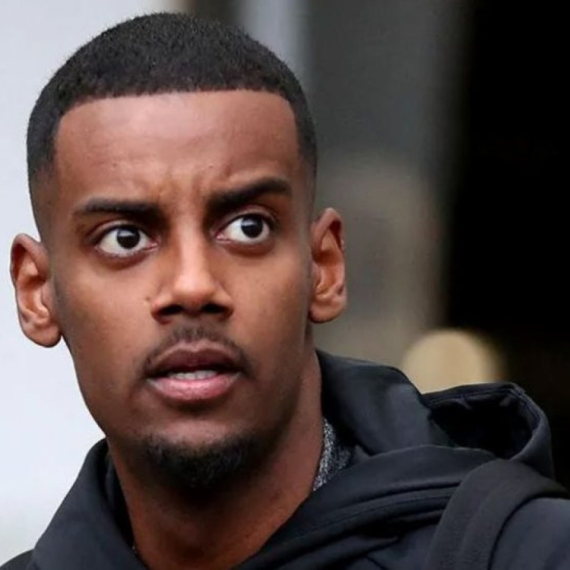




Komentari 0